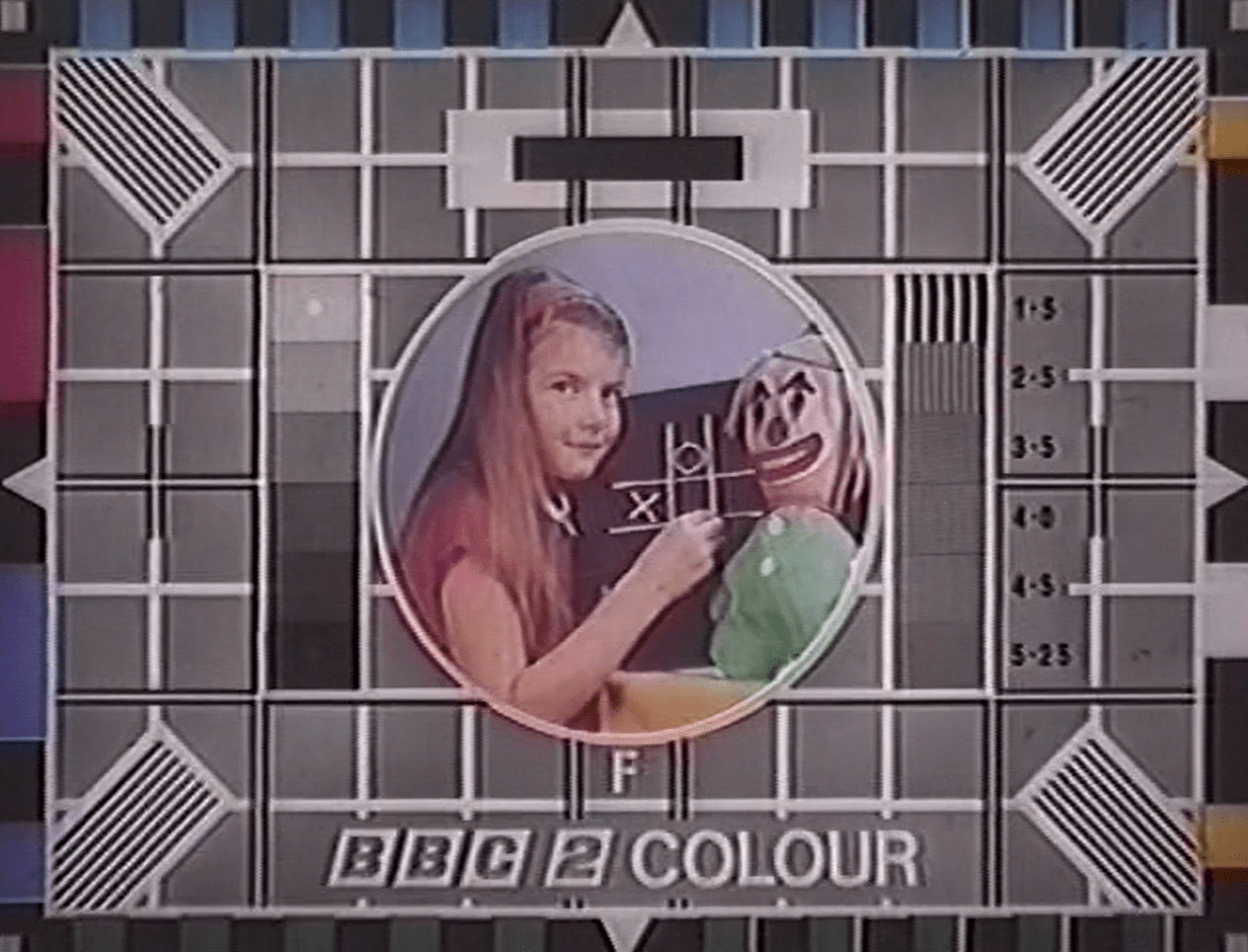I saw two related threads over the past few days about computers in education.
Walter retweeted one which called the Rasperry Pi a failure as it didn’t achieve its original mission.
Clickbait title time: The Raspberry Pi failed (a thread).
— Andy Toone (@LockFarm) September 17, 2021
The original mission statement of the Pi was to be a modern BBC computer - a cheap educational resource that could be scattered throughout schools for kids to learn on.
By that lofty aim, it's failed...
The other tried to explain why the OLPC was such a flop.
Emmet Connolly retweeted the latter with the great comment about the success of 1980s home computers and the importance of context.
Great thread. My feed this weekend was full of people from UK and Ireland crediting Sinclair and the ZX Spectrum for igniting a lifelong passion for tech 40 years ago. So why did Negroponte and OLPC fail to do so for kids in developing countries decades later? Context matters. https://t.co/8wvJTxuqQQ
— Emmet Connolly (@thoughtwax) September 18, 2021
“Context” made me realise that some very obvious aspects of the 80s home computer boom are missed when people think they can re-create it now.
- The UK had only three core TV stations in 1982. Ireland only had one
- Your choice as a kid indoors was to read a book or look at the test card until after 4pm in Ireland
- A home computer coming into that could only succeed. The competition for attention was non existent
- Manic Miner
- Jet Pac
- Those two are serious points. 80% of my time was spent playing games. I’d say 100% of most people’s time was spent playing games
- The 20% is the bit we’re all talking about with the death of Clive Sinclair. That’s when we typed programs in from magazines or wrote little Basic programs. Or in my case learned Z80 machine code.
- Moving a block around a screen in code was genuinely incredibly exciting in 1983
- By 1986 home computers were dead, replaced by consoles. i.e. Gaming again
On OLPC, my years of reading Wired told me that it had very little chance, given who was fronting it.
But looking at the Raspberry Pi (and somewhat the OLPC) and modern kids:
- They have hundreds of satellite TV channels, even in the poorest countries
- Depending on the country they have Internet access to some degree
- There are incredibly powerful games everywhere even if you are still on a PS3 or Nintendo DS
- There are incredibly powerful games on their phones
- TikTok, YouTube, Snapchat
- There are computers everywhere. They run Windows, OSX or ChromeOS.
Now try and excite a classroom full of those kids about moving a cat around a screen with Scratch or blinking an LED.
Here’s the thing. The same kids who got excited by computers and tech in 1982 will get excited by blinkenlighten in 2021. Some of them will use Pis. Probably at home or in a CoderDojo or similar. They will self-select. “Education” doesn’t have to mean “school”.
When I did a semester of teaching kids how to use Google App Inventor in my kids’ school in 2011, I saw this first hand. Some couldn’t wait to built apps and run them on a phone. Others couldn’t wait for the bell to ring to get out. I also saw the huge difference between kids who clearly had computers at home and those who didn’t. Whilst the nerd in me would love a Pi or a phone with a keyboard to solve that latter problem, it involves a lot more, and is mostly people, poverty and society related.
But back to my original point about context:
